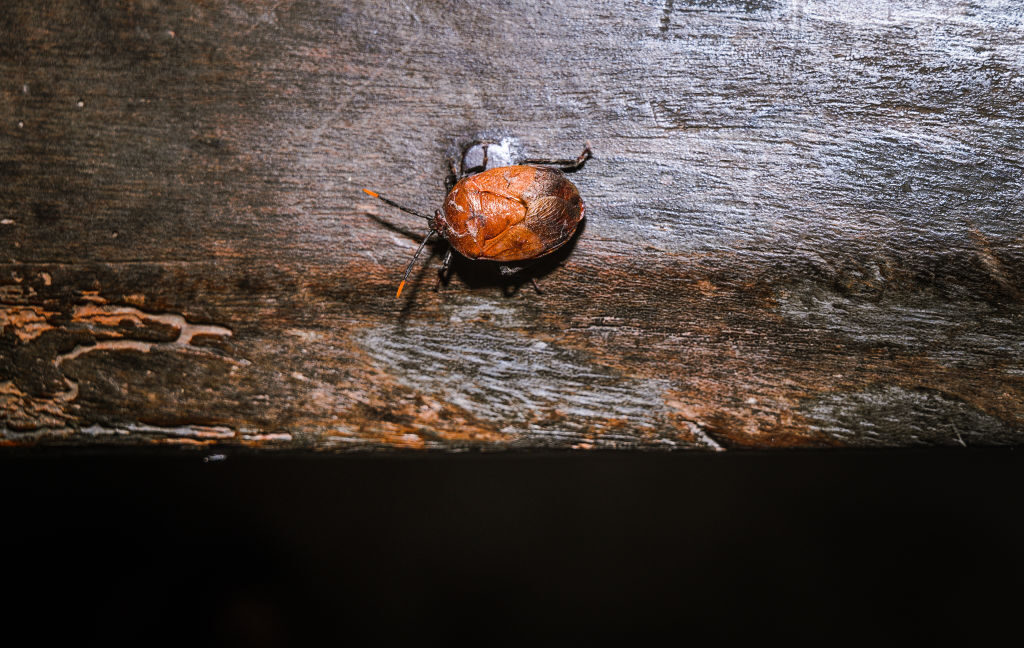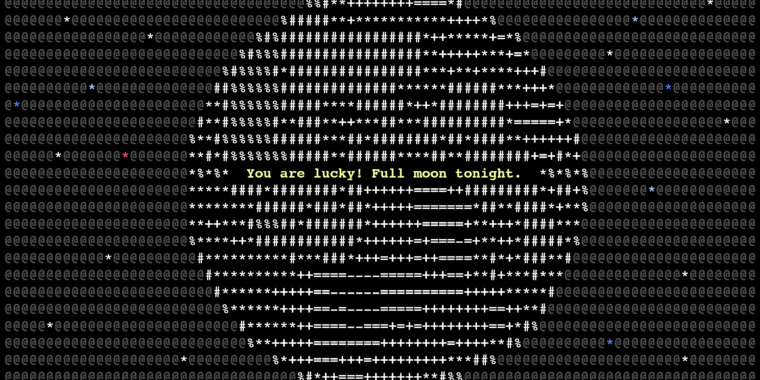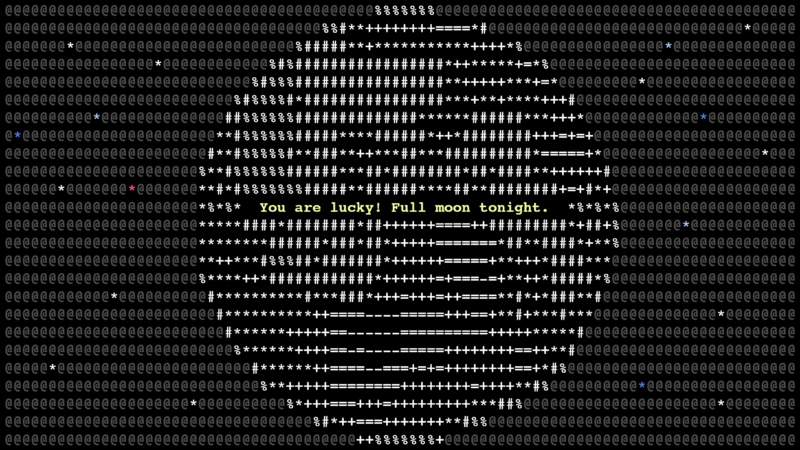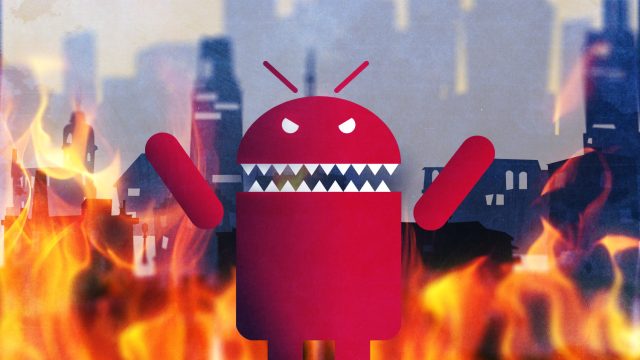Some stinkbugs’ legs carry a mobile fungal garden
Many insect species hear using tympanal organs, membranes roughly resembling our eardrums but located on their legs. Grasshoppers, mantises, and moths all have them, and for decades, we thought that female stinkbugs of the Dinidoridae family have them, too, although located a bit unusually on their hind rather than front legs.
Suspecting that they use their hind leg tympanal organs to listen to male courtship songs, a team of Japanese researchers took a closer look at the organs in Megymenum gracilicorne, a Dinidoridae stinkbug species native to Japan. They discovered that these “tympanal organs” were not what they seemed. They’re actually mobile fungal nurseries of a kind we’ve never seen before.
Portable gardens
Dinidoridae is a small stinkbug family that lives exclusively in Asia. The bug did attract some scientific attention, but not nearly as much as its larger relatives like Pentatomidae. Prior work looking specifically into organs growing on the hind legs of Dinidoridae females was thus somewhat limited. “Most research relied on taxonomic and morphological approaches. Some taxonomists did describe that female Dinidoridae stinkbugs have an enlarged part on the hind legs that looks like the tympanal organ you can find, for example, in crickets,” said Takema Fukatsu, an evolutionary biologist at the National Institute of Advanced Industrial Science and Technology in Tokyo.
Based on that appearance, these parts were classified as tympanal organs—the case was closed, and it stayed closed until Fukatsu’s team started examining them more closely. Most insects have tympanal organs on their front legs, not hind legs, or on abdominal segments. The initial goal of Fukatsu’s study was to figure out what impact this unusual position has on Dinidoridae females’ ability to hear sounds.
Early on in the study, it turned out that whatever Dinidoridae females have on their hind legs, they are not tympanal organs. “We found no tympanal membrane and no sensory neurons, so the enlarged parts on the hind legs had nothing to do with hearing,” Fukatsu explained. Instead, the organ had thousands of small pores filled with benign filamentous fungi. The pores were connected to secretory cells that released substances that Fukatsu’s team hypothesized were nutrients enabling the fungi to grow.
Some stinkbugs’ legs carry a mobile fungal garden Read More »



